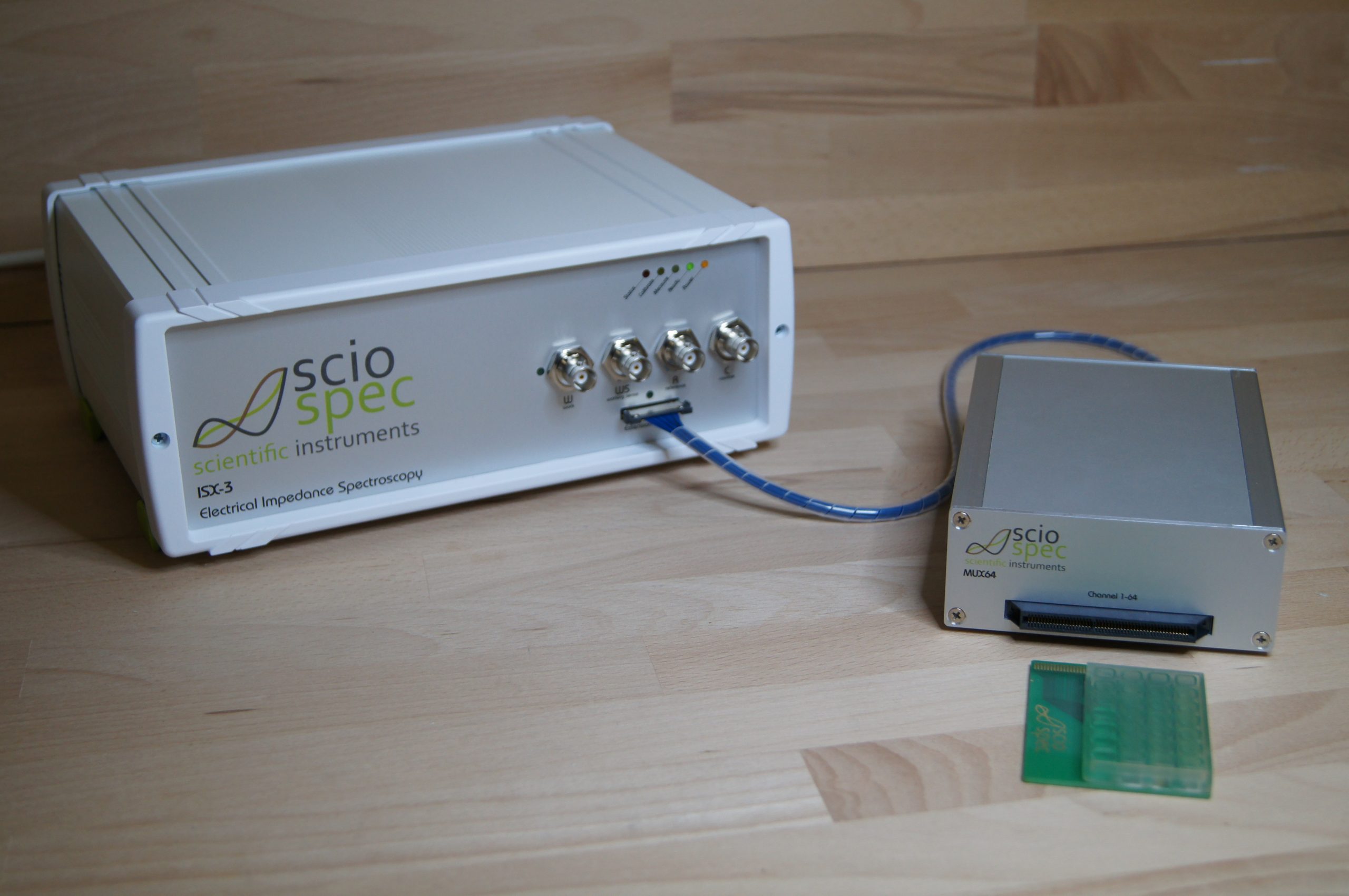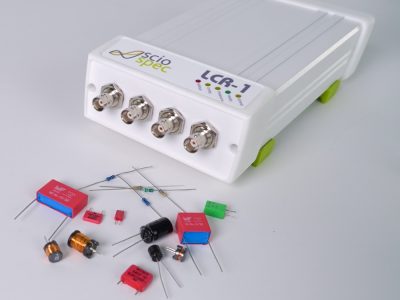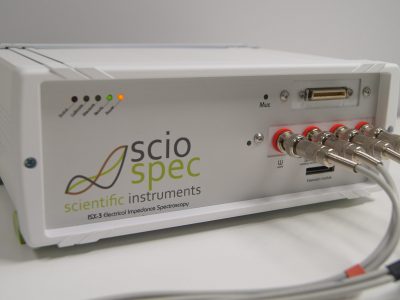Deep brain stimulation (DBS) is an invasive therapeutic option for patients with Parkinson’s disease (PD) but the mechanisms behind it are not yet fully understood. Animal models are essential for basic DBS research, because cell based in-vitro techniques are not complex enough. However, the geometry difference between rodents and humans implicates transfer problems of the stimulation conditions. For rodents, the development of miniaturized mobile stimulators and adapted electrodes are desirable. We implanted uni- and bipolar platinum/iridium electrodes in rats and were able to establish chronical instrumentation of freely moving rats (3 weeks). We measured the impedance of unipolar electrodes in-vivo to characterize the influence of electrochemical processes at the electrode-tissue interface. During the encapsulation process, the real part of the electrode impedance at 10 kHz doubled after 12 days and increased almost 10 times after 22 days. An outlook is given on the quantification of the DBS effect by sensorimotor behavioral tests
Electrical Impedance Properties of Deep Brain Stimulation Electrodes during Long-Term In-Vivo Stimulation in the Parkinson Model of the Rat



